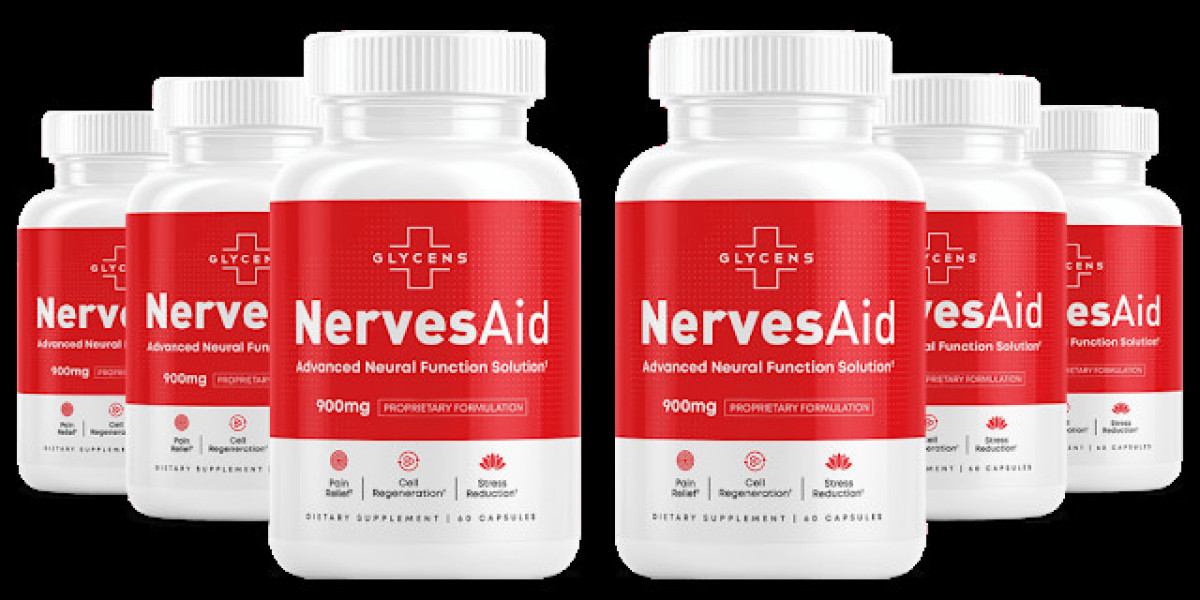The global cold brew coffee market size reached a value of about USD 604.47 million in 2023. The market is further estimated to grow at a staggering CAGR of 22.5% in the forecast period of 2024-2032 to reach a value of around USD 3751.76 million by 2032. This surge in popularity is fueled not just by the undeniably smooth and flavorful taste of cold brew, but also by a growing interest in its potential health benefits compared to traditional hot coffee.
This begs the question: is cold brew coffee truly a healthier alternative? This blog post delves into the science behind cold brew, exploring its nutritional profile, acidity levels, antioxidant content, and its impact on digestion and blood sugar control. By comparing it to traditional hot coffee, we'll unveil the potential health advantages that might have you reaching for a cold brew over a hot cup in the morning.
Nutritional Breakdown: A Tale of Two Coffees
Let's begin by dissecting the nutritional differences between cold brew and traditional coffee.
- Caffeine Content: This is a key area where some conflicting information circulates. While cold brew coffee steeps for a longer period, the brewing process uses cold water, which extracts less caffeine per cup compared to hot brewing methods. However, due to the concentrated nature of cold brew, a larger serving size is often used, potentially leading to a higher overall caffeine intake.
- Calories and Sugar: Cold brew coffee itself has minimal calories and sugar, unless sweetened or flavored with additives. Traditional coffee is similar, with the calorie and sugar content primarily depending on added creamers, sugars, or syrups.
Here's a quick comparison of some key nutrients:
| Nutrient | Cold Brew Coffee | Traditional Coffee |
|---|---|---|
| Caffeine (mg) | (Varies) Typically Lower per serving | (Varies) May be Higher per serving |
| Calories | Low (unless sweetened) | Low (unless sweetened) |
| Sugar | Low (unless sweetened) | Low (unless sweetened) |
| Potassium | Moderate | Moderate |
| Magnesium | Moderate | Moderate |
Overall, both cold brew and traditional coffee offer a similar nutritional profile when consumed black. However, the brewing method itself doesn't significantly alter the vitamin and mineral content of the coffee beans.
Acidity Advantage: A Friend to Sensitive Stomachs
One of the most talked-about health benefits of cold brew coffee is its lower acidity. Traditional hot coffee brewing methods use near-boiling water, which extracts more acidic components from the coffee beans. Cold brew, on the other hand, utilizes cold water, resulting in a less acidic final product.
This lower acidity translates into several potential benefits:
- Reduced Stomach Upset: For individuals with sensitive stomachs or acid reflux, hot coffee can trigger heartburn and indigestion. Cold brew's lower acidity may offer a gentler alternative, allowing you to enjoy your coffee without the discomfort.
- Dental Health: Highly acidic beverages can contribute to enamel erosion. The reduced acidity in cold brew might be kinder to your teeth, especially for those concerned about dental health.
However, it's important to note that adding creamers, milk, or acidic fruits to your cold brew can negate its lower acidity advantage.
Antioxidant Powerhouse: A Boon for Overall Health
Coffee is a rich source of antioxidants, which are natural compounds that protect your cells from damage. These antioxidants have been linked to various health benefits, including reducing the risk of chronic diseases like heart disease and cancer.
Studies suggest that cold brew coffee may retain a higher level of antioxidants compared to traditional hot coffee. The reason behind this lies in the brewing process. Hot water can break down some of the delicate antioxidants present in coffee beans. Cold brewing, on the other hand, utilizes a gentler extraction process, potentially preserving a greater concentration of these beneficial compounds.
While further research is needed to fully understand the health implications, the higher antioxidant content in cold brew could contribute to improved overall well-being.
Brewing for Your Gut: Cold Brew and Digestion
The brewing method might also influence how your digestive system reacts to coffee. Hot coffee can stimulate the release of stomach acid, which can irritate the digestive tract in some individuals. Cold brew, with its lower acidity, might be easier to digest and cause less digestive discomfort.
Additionally, some studies suggest that coffee may have a prebiotic effect, meaning it could promote the growth of beneficial gut bacteria. While more research is necessary in this area, the gentler brewing process of cold brew might lead to a more positive impact on gut health and the microbiome.
Blood Sugar Blues: Does Cold Brew Brew Better?
Another area of interest is the potential impact of coffee on blood sugar control. Traditional hot coffee can cause a temporary spike in blood sugar levels, especially in individuals with prediabetes or diabetes. This is because coffee can trigger the release of stress hormones like cortisol, which can lead to increased blood sugar.
Here's where cold brew might offer an advantage. Some studies suggest that cold brew coffee may cause a less pronounced blood sugar spike compared to hot coffee. The reasoning behind this is still being explored, but it could be due to the slower release of caffeine and other compounds from cold brew.
However, it's important to remember that these potential benefits are most significant when consuming coffee black. Adding sugary syrups, creamers, or flavored additives can negate any blood sugar advantage cold brew might offer.
Here are some key takeaways when it comes to cold brew coffee and blood sugar:
- Cold brew might cause a less pronounced blood sugar spike compared to hot coffee.
- Moderation is key, regardless of the coffee type, for managing blood sugar levels.
- If you have diabetes or prediabetes, consult with your healthcare professional to determine the best approach for incorporating coffee into your diet.
The Final Drip: Cold Brew vs. Traditional Coffee - Making an Informed Choice
Both cold brew and traditional coffee offer a unique set of advantages and disadvantages. Here's a quick recap to help you decide which might be a better fit for you:
Choose Cold Brew if:
- You have a sensitive stomach or experience heartburn with hot coffee.
- You prioritize lower acidity for dental health reasons.
- You're interested in potentially higher antioxidant content.
- You suspect hot coffee disrupts your digestion.
- You're looking for a coffee option with a potentially less pronounced blood sugar spike (when consumed black).
Choose Traditional Coffee if:
- You prefer a hotter beverage.
- You have a specific brewing method or equipment you enjoy using.
- You don't mind the slightly higher acidity.
Ultimately, the best coffee for you is the one you enjoy the most. Experiment with both hot and cold brew coffee to see which brewing method suits your taste preferences and potential health needs. Remember, moderation is key, regardless of the type of coffee you choose.
Additional Considerations:
- Quality Matters: The health benefits discussed here can be influenced by the quality of the coffee beans used. Opt for high-quality, ethically sourced beans for the best experience.
- Sweeteners and Additives: While both cold brew and traditional coffee are low in calories and sugar on their own, added sweeteners and creamers can significantly alter their nutritional profile. Be mindful of what you add to your coffee.
- Listen to Your Body: Pay attention to how your body reacts to different coffee types. If you experience any negative side effects, adjust your coffee consumption or consult with a healthcare professional.








